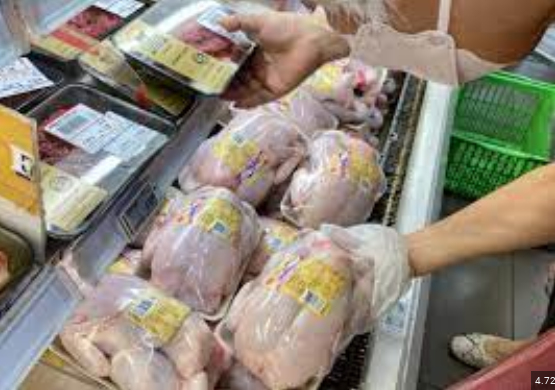Economists anticipate continued decline as July figures show easing inflation trends
Singapore’s inflation rate is expected to keep declining in 2023, according to economists, as both headline and core inflation fell in July to their lowest levels since the first half of 2022. The Monetary Authority of Singapore (MAS) and the Ministry of Trade and Industry (MTI) released data confirming this trend on August 23.
Headline inflation dropped to 4.1% year-on-year in July, down from 4.5% in June, slightly lower than the 4.2% median forecast by private-sector economists in a Bloomberg poll. The decline was mainly driven by lower private transport costs and a reduction in core inflation.
Core inflation, which excludes accommodation and private transport, fell to 3.8% in July from 4.2% in June, aligning with economists’ expectations. This marks a steady decrease from February 2023’s 14-year high of 5.5%. The dip was largely attributed to smaller increases in food prices and a decline in electricity and gas costs.
Despite these trends, the official full-year inflation estimates remain unchanged, with MAS and MTI largely maintaining their economic outlook. However, Bank of America economists Faiz Nagutha and Ang Kai Wei noted two key adjustments in the latest report. They pointed out that global supply chain frictions are now described as ‘largely eased,’ and that policymakers are closely monitoring recent increases in commodity prices. Additionally, the report now cites the ‘global economy’ rather than ‘advanced economies’ as a downside risk, reflecting renewed weakness in China’s economy.
RHB senior economist Barnabas Gan warned that price levels might remain sticky in Q3 due to improving global economic conditions, potential agricultural price hikes linked to El Niño, and rising oil prices resulting from supply cuts by Russia and OPEC. However, he also highlighted that import prices have declined for six consecutive months, suggesting that inflation will likely continue to slow in the latter half of the year.
To limit inflation in housing and private transport, economists pointed to measures such as increasing the certificate of entitlement quotas and boosting housing rental supply. These steps are expected to help stabilize accommodation and transport costs for the remainder of 2023.
DBS economist Chua Han Teng noted that while inflation remains high compared to pre-pandemic levels, it is less severe than last year, offering some relief to consumers. Major banks such as UOB, RHB, and OCBC have kept their full-year inflation forecasts unchanged. OCBC chief economist Selena Ling emphasized that while headline inflation is significantly lower than the 6.1% recorded in 2022, core inflation pressures remain persistent.
Maybank recently revised its full-year inflation forecast, lowering headline inflation from 5.1% to 4.8% and core inflation from 4.3% to 4.2%. Maybank economists Chua Hak Bin and Brian Lee, along with DBS’s Chua and Ling, predict that core inflation could settle between 2.5% and 3% by the end of 2023, as suggested by MAS Managing Director Ravi Menon in July.
Most economists believe MAS will maintain its current monetary policy during its October review. UOB senior economist Alvin Liew noted that it is too early to expect a policy reversal since inflation remains above official targets. Any off-cycle policy adjustments before October would likely be due to a sharp external downturn rather than further tightening.
On a month-to-month basis, July’s headline inflation fell by 0.2%, driven by lower accommodation and private transport costs. Core inflation, however, saw a slight 0.2% increase due to rising service and food costs.
Among key Consumer Price Index (CPI) categories, electricity and gas prices fell due to lower tariffs compared to a year ago, marking the first electricity price decline since June 2021. Gas prices also dropped for the fourth consecutive month. However, on a month-to-month basis, both rose by 0.6% following increased household tariffs in Q3.
Private transport inflation slowed in July, primarily due to more stable car prices. Food inflation also eased as price increases for prepared meals and non-cooked food moderated.
Meanwhile, inflation for retail and other goods declined, mainly due to a smaller increase in clothing and footwear prices. However, services inflation remained steady, as lower outpatient service costs and declining airfares were offset by a rise in holiday expenses.
Accommodation costs were the only category to experience higher inflation in July, as service and conservancy charges increased compared to the previous year.








